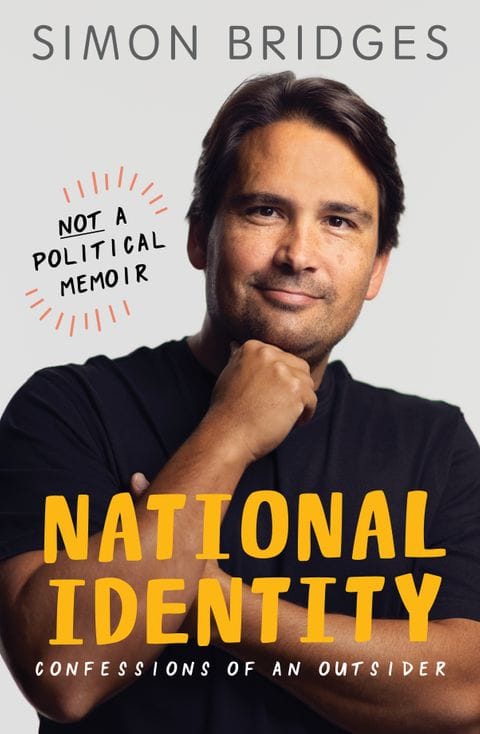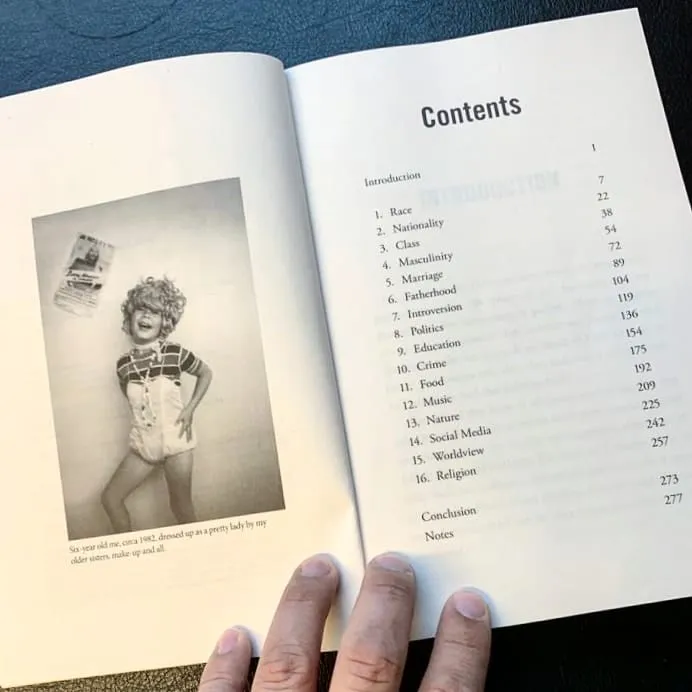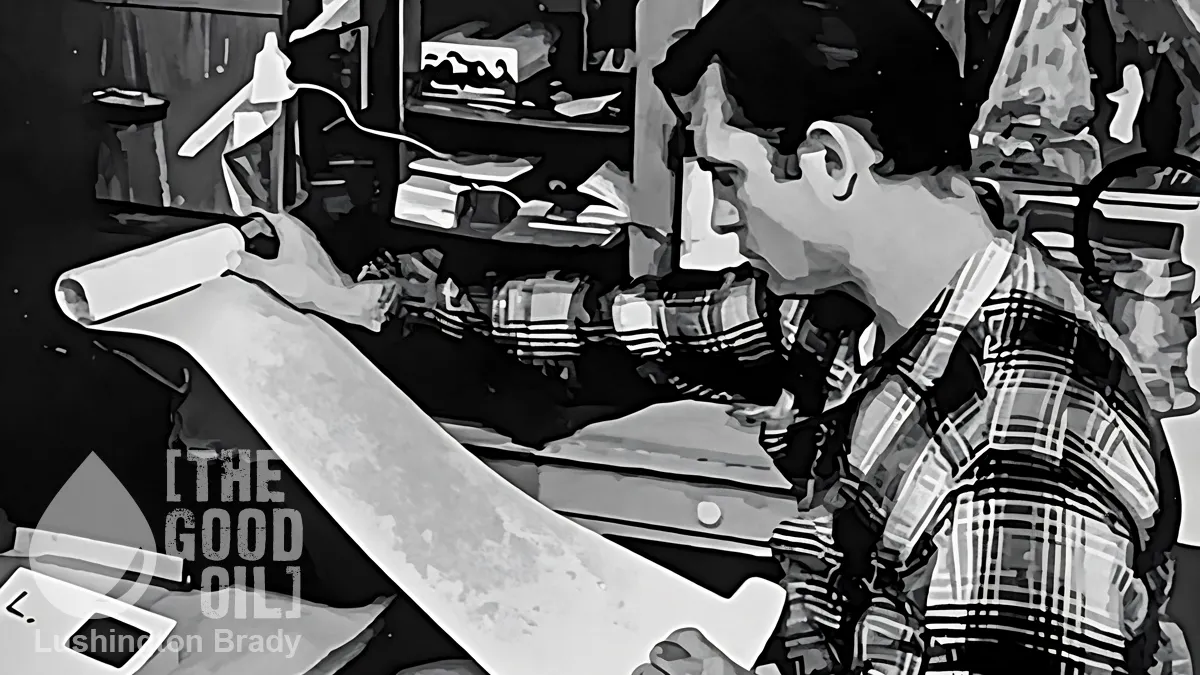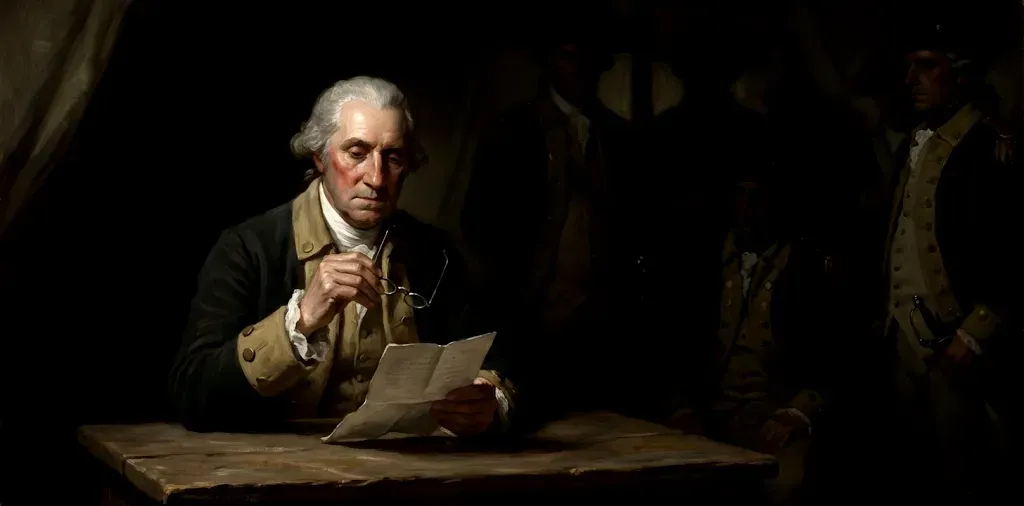Table of Contents
For those of you who share my unconditional love for our country and deep concern for its future direction, and may be enduring the boredom of Covid lockdown, I have an immediate remedy: get on-line now and place an order for the book, “National Identity” by Hon Simon Bridges.

The cover says: “Not A Political Memoir”, but when I finished it, my immediate thought was that perhaps it is “A Prelude to A Premiership?”
It’s a hugely engrossing read. I’ve known Simon for many years since he first started appearing at National Party conferences as a Young Nat. He seemed to gravitate toward me as one of his mentors.
I watched his progress through the party structures and followed with some interest his career in law, especially when his name began popping up in the news as Crown Prosecutor in Tauranga. It was no surprise to me that he became MP for Tauranga in 2008 and rose quickly to be a leading minister in the John Key Government.
Perhaps too quickly? When he put his hand up to succeed Bill English as National’s Leader in 2018, I emailed Simon to ask whether he wanted to be the youngest ever Prime Minister or youngest Leader of the Opposition, because the odds on being both were very long.
But during those years leading up to 2018 there was much more to Simon Bridges than I thought I knew – as I have discovered from reading this book. For starters, his place in his family, as the youngest of six children (“the runt of the litter”, he self-describes), and the fact that he was the only one whose young childhood was spent in West Auckland at Te Atatu North (“Tat North” he calls it), classifying him as a Maori Westie.
Of his Maori whakapapa, he says on page 2:
“Being Maori puts me in a minority, and yet for much of my life I also haven’t felt properly Maori or accepted as such…My experience is a feeling of otherness for being Maori and yet an otherness from other Maori. Too Maori and not enough.”
His consciousness of himself as a Maori Westie crops up throughout the whole book and will surprise his Pakeha acquaintances.
The book is an easy read. Simon’s writing style: very personal, chatty even as though he’s in the room talking to you. After a scene-setting introduction, he has divided his life so far into chapters each devoted to (in turn) race, nationality, class, masculinity, marriage, fatherhood, introversion, politics, education, music, nature, social media, world view, religion, conclusion.
Unrelated you might think; but told in a reflective way that helps the reader understand how and when he developed from being an uncertain, precocious, achievement-hungry, son of a part-Maori accountant turned fire-and-brimstone Baptist preacher, (who Simon himself describes as a distant father while still being ever-present in his young life), to becoming Leader of Her Majesty’s Opposition in the Parliament of New Zealand and, as such, one of our leading political figures.
Not a political memoir as such. More a progress report: revelation of a first-class intellect as it transitions from over-eager impatience for recognition as a go-getting achiever to the more mature realisation that steady does it in the fraught field of political development in ever-changing times.
He emerges from this book as someone content to accept that he is an introvert. He reads widely and well and retains the best and wisest. His intellect and feel for what’s right are obvious from his every comment on topics necessary for successful, down-to-earth leadership.
“National Identity” is a brilliantly apt title: not just for Simon himself as a husband, father and politician, or a political party struggling to capture public attention and allegiance, but also for our country in which a gang of Marxists have used the panic of a pandemic to con the public and our sadly compliant news media into subdued apathy while they seek to saddle us with a yoke of globalisation.
But better that you read the book yourself, and reach your own conclusions.
My Prognostications on What We Need to Do in the Short Term.
You will also need to reach your own conclusions about whether I am correct about what we Kiwis need to do in the short term if we are to save our country from levels of divisive tribalism not far removed from those that are once again bedevilling Afghanistan. Indeed, the only difference between the Taliban and the Ardern gang is not intent, but the means of attaining their insidious goals.
So what would I like to see happening?
In 2023 I would like to see the election of a Coalition Government of National, Act and a revitalised New Zealand First, under Judith Collins as Prime Minister, restoring order, discipline and progressive direction to our governance in much the same way that Britain’s Iron Lady, Margaret Thatcher, did for the UK in the decade of the 1980s. That will take at least two full terms (by which time we may well have agreed to switch to four-year terms of Parliament) taking us to the decade of the 2030s.
In that time, our health and hospital system will have been reorganised under Dr Shane Reti, our education system restored under a new programme, “Yesterday’s Schools”, taking us back to days when it was hailed as one of the world’s best.
Simon Bridges, in his matured prime now aged 54, having led us in justice portfolios to enduring peace and good order in the war against crime and gang violence, would now be ready to fulfil his potential as Prime Minister. I could see him, as PM, giving us the same kind of assured leadership as father of the nation that we enjoyed in the 1960s under the great Keith Holyoake.
How does he see his own future? Here it is in his own final words in the book, after contemplating quiet retirement with Natalie in somewhere like the Coromandel:
“But I would then hear my Protestant work ethic whispering to a bellow. There is too much to do in this country that I care about, too much that’s still to be done. Whether in politics or public life more broadly, I have more to contribute. It matters too much. Mine, yours and New Zealand’s best days – glory days – can be ahead of us. I won’t and can’t throw in the towel. And neither can you. Each morning that I wake up, I will smell the flowers, slurp a teaspoon of concrete and get into it. New Zealand needs people like us: doers and joiners, active in our communities and our cities, forging our national identity.”
I’m not sure about the teaspoon of concrete, but as a 92-year-old eternally grateful for the miracles of modern medical science, I’d love to be still around in 2030 to shake the hand of my mate Simon Bridges, as new Prime Minister.
Please share so others can discover The BFD.









